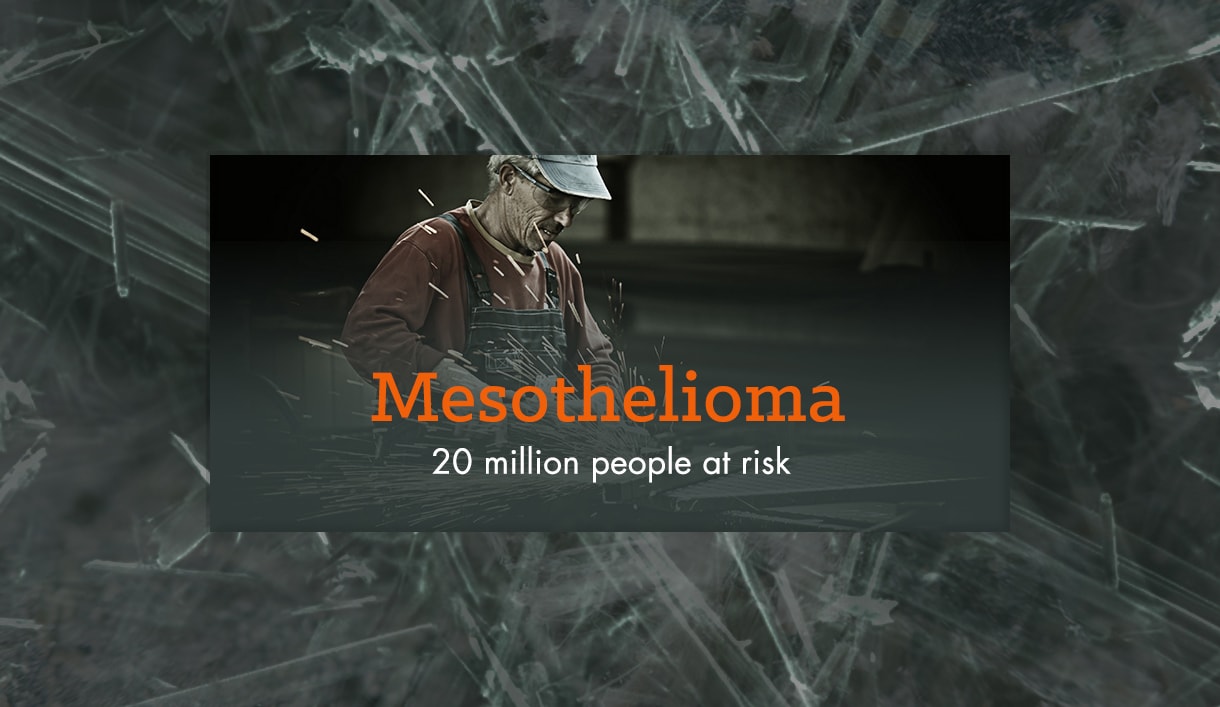World Hepatitis Day
Spread the word to help others
As many of you might not have realised it is almost time for World Hepatitis Day.
If you are anything like me you may not know much about hepatitis, so in the spirit of sharing I decided to do some research and get informed. Hopefully taking you on this journey with me through some of this basic (yet scary) info in this blog, I hope to motivate you to learn more about hepatitis and spread the word to help others. So here goes.
Lifesaving Testing and Treatment
Data from the World Health Organisation (WHO) has revealed that an estimated 325 million people live with undiagnosed chronic hepatitis B or hepatitis C, these two together are the most common cause of liver cirrhosis and cancer with a large majority of people lacking access to lifesaving testing and treatment.
Hepatitis is inflammation of the liver commonly caused by the hepatitis viruses, other causes are other infections, toxic substances (alcohol and certain drugs) and auto immune diseases. Hepatitis can be self-limiting but can also progress to fibrosis, cirrhosis or liver cancer.
All this amounts to a staggering 1.34 million deaths a year globally, all of which should be and could be preventable. Progress is being made; a global elimination strategy was adopted in 2016 with sustainable development goals while some degree of vaccination and treatment is available (more below).
5 Types of Hepatitis
There are 5 types of hepatitis and below is a quick rundown of the types A, B, C, D and E:
* Types A and E are generally spread by contaminated food, water or by a faecal-borne route, general treatment is rest and staying hydrated. In most cases the body builds up an immunity through antibodies although there are vaccines available
* Hepatitis B can cause both acute and chronic hepatitis; the latter develops in 15% of adults who cannot beat the virus after initial infection. The virus is commonly spread through blood transfusions (though rare), unsanitary tattoo’s, needle sharing, sexual intercourse, from mother to child (in the womb and through breast feeding) or even saliva. At present there is no actual cure but treatment or management for hepatitis B is generally feasible through medication and there is a vaccine available.
* Hepatitis C usually leads to chronic hepatitis which could result in Cirrhosis in some cases, symptoms might not show for decade and it’s generally transmitted through contact with blood, intercourse (if blood is mixed) and can also cross the placenta. Treatment is generally through medication to reduce the viral limits.
* Hepatitis D can only propagate in the presence of the hepatitis B virus, depending on the hepatitis B virus to replicate and can only survive as long as the hepatitis B virus persists in a person.
Of the above, types B and C are most likely to become life-threatening. What makes them most dangerous though is that they are essentially silent epidemics, with a lack of obvious symptoms making casual detection difficult.
Vaccines and Medicines
Although vaccines and medicines exist to treat or cure hepatitis it has progressed to being a major public health challenge and there is a massive drive from the WHO to ensure that these tools reach all those in need.
So, if I can add my 5 cents worth, do some reading and get yourself tested if there is a remote chance you could be infected. You can’t get treatment if you’re unaware you’re infected, worse still you may unwittingly spread the infection further under the wrong circumstances. Being informed and aware of the risks could be life-changing, even lifesaving for you and many others.
For everyone else; as my mom used to say “prevention is better than the cure”, so go get vaccinated where possible and keep a wary eye on the metaphorical horizon. Inform your friends and family, as informed people are prepared people.
You can find out much more about hepatitis and ways you can help the campaign at: https://www.worldhepatitisalliance.org/
Marius Beukes
Course Advisor
SHEilds ZA








Leave a Reply
Want to join the discussion?Feel free to contribute!